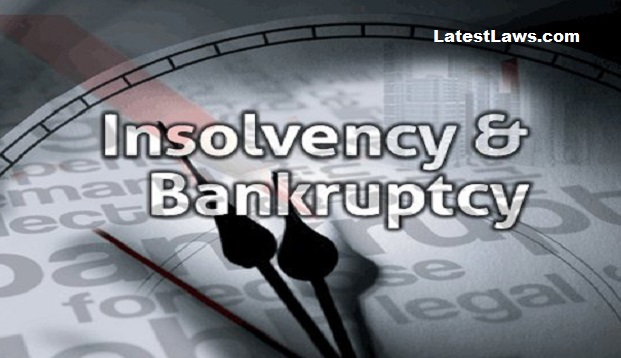The Supreme Court has made a significant ruling stating that the Insolvency and Bankruptcy Code (IBC) supersedes the provisions of the Electricity Act, 2003. This decision came in response to an appeal filed by Paschimanchal Vidyut Vitran Nigam Ltd. (PVVNL) against a National Company Law Appellate Tribunal order. The case involved unpaid electricity dues owed by Raman Ispat Pvt. Ltd. to PVVNL, which led to the attachment of Raman Ispat's property.
Following Raman Ispat's liquidation, the company's liquidator argued before the tribunal that the attached property should be released immediately, as any dues owed to PVVNL would be distributed in accordance with the IBC. The NCLAT agreed with the liquidator's view and ordered the release of the property. Dissatisfied with this decision, PVVNL approached the Supreme Court, contending that the Electricity Act took precedence over the IBC, and it could independently recover its dues under the act, even outside the liquidation process.
However, the Supreme Court rejected PVVNL's argument and held that the provisions of the Electricity Act cannot supersede the IBC. The court went on to explain the "waterfall mechanism" envisioned under the IBC for recovering dues from companies in liquidation. According to this mechanism, the order of distribution of assets for a company under liquidation follows a specific hierarchy.
Firstly, the costs of the insolvency settlement process and liquidation are taken care of, followed by payment of workmen's dues for the 24 months preceding the liquidation date and debts owed to secured creditors who have relinquished their security. Subsequently, wages and any unpaid dues owed to non-workmen employees for the 12 months prior to liquidation are addressed, and then the debts owed to unsecured creditors are settled. Only after these steps are completed, the dues owed to the central government and secured creditors find their place in the hierarchy.
Consequently, the Supreme Court concluded that PVVNL, being a secured creditor in this case, is entitled to its dues in accordance with the IBC's mechanism. The court directed the adjudication of PVVNL's claim within 10 weeks.
This ruling by the Supreme Court clarifies the priority of claims and provides clarity on the interaction between the IBC and the Electricity Act. The decision establishes that the IBC takes precedence in cases involving insolvency and liquidation, ensuring a structured and orderly process for debt recovery and distribution among creditors.
Source: Link
Picture Source :


























